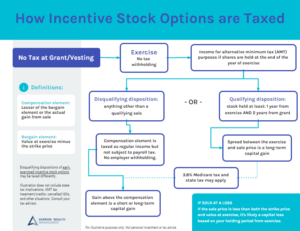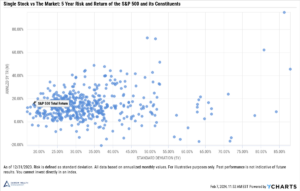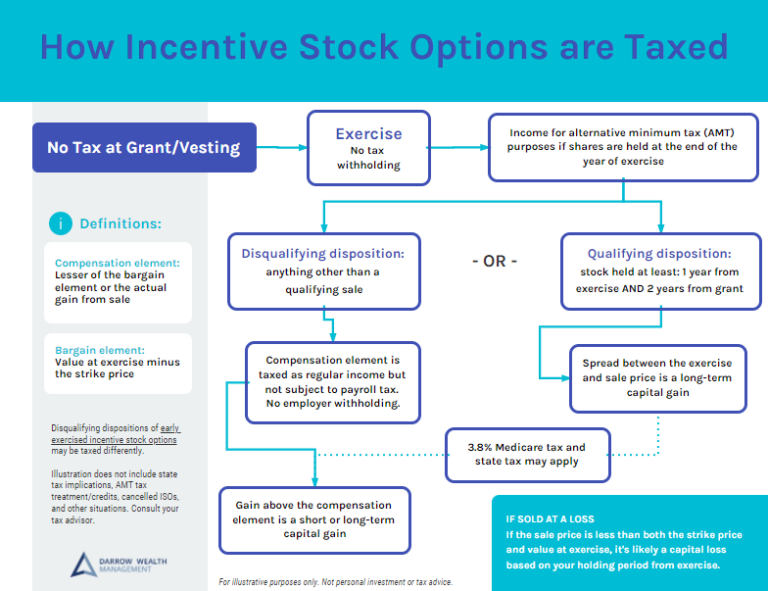Updated for 2022. What are the differences between a health savings account (HSA) vs flexible spending account (FSA)? While these accounts can provide significant tax savings for those who utilize them properly, there can also be hefty penalties if you don’t know the rules. Not so eager to opt for another pre-tax deduction to your paycheck? Before dismissing HSAs and FSAs, let’s first explore what they are, how they work, and whether you may want to consider enrolling.
Overview: Health Savings Accounts vs Flexible Spending Accounts
Both accounts offer a way to pay certain expenses pre-tax. Health savings accounts are only for medical expenses, but flexible spending accounts can be set up to cover dependent care expenses also. You can specify an amount (up to certain limitations discussed below) to be withheld pre-tax from your paycheck and added to the savings account. When you incur qualifying expenses, submit the appropriate documentation and reimburse yourself tax-free.
Not everyone is eligible for a HSA or FSA, however. Only those under age 65 with a high-deductible health plan (HDHP) can contribute to a health savings account. IRS guidelines for HDHPs require a minimum annual deductible.
HDHPs must have a minimum annual deductible of $1,400 for individual plans and $2,800 for family plans in 2022. The maximum annual out-of-pocket expenses cannot exceed $7,050 for individual plans and $14,100 for family plans.
Generally, if an employer offers a flexible spending account as a benefit, employees are eligible to participate. Unlike HSAs, where you may be able to start your own if your employer doesn’t offer the benefit, FSAs must be provided by an employer.
Health Savings Accounts
Key features:
- Health savings accounts can carry balances from year to year, so it’s not use it or lose it
- You are the account owner, so the account is portable if you change jobs
- Investment options available, gains are tax-free for qualifying medical expenses
- Participants may make pre-tax contributions of up to $3,650 for individual plans and $7,300 for family plans in 2022. Individuals age 55 or older can make catch-up contributions of $1,000.
- IRS guidelines for HDHPs require a minimum annual deductible of $1,400 for individual plans and $2,800 for family plans in 2022
- The maximum annual out-of-pocket expenses cannot exceed $7,050 for individual plans and $14,100 for family plans in 2022
Whether a high-deductible health plan makes sense for you is another topic entirely. But if you’re happy with a high deductible health plan, a health savings account will generally provide a greater benefit to participants than a flexible spending account. Not only are the annual contribution limits higher, but you won’t need to worry about forfeiting unused contributions.
The wide array of investment options within the savings account allow for the same type of tax-deferred growth as most qualified retirement plans. Similar to FSAs, an employer can also make contributions to your account, subject to the annual limitations.
Reimbursements are allowed even before you meet your deductible, which can help offset the upfront costs of a high deductible health plan. Insurance premiums are not reimbursable though, unless you’re unemployed.
Flexible Spending Accounts
Key features:
- Plans can require annual depletion of account or a carry-over of up to $570 in 2022
- No investment options available
- Common types of FSAs cover dependent care or medical expenses
- Annual pre-tax contribution limits: $2,850 (health FSA 2022); $5,000 (dependent care 2022 if married filing jointly)
Flexible spending accounts are also a great way to reduce your taxable income while paying for certain expenses on a tax-advantaged basis. Participants should give a lot of thought to their annual contributions before making any deferrals though, as these accounts are typically “use it or lose it.” Create a budget of expected costs to ensure you don’t over-contribute. FSA accounts are owned by the employer and cannot be withdrawn or accessed if you change jobs.
Some employers may now offer a ‘rollover’ feature for participants to roll over up to $570 to a new plan year. Another possibility is a grace period to use additional funds. These options are up the employer, and can only be used for health FSAs. Contact your HR department to learn more about your options.
The dependent care FSA is a unique benefit not available in health savings accounts. Although sometimes adults can be dependents for tax purposes, for most, qualified dependents will be your children under 13. The main caveat is that eligible expenses must enable you (and a spouse, if married) to work, look for work, or enroll in school full time.
Assuming that’s the case, babysitters, summer day camp, and after school programs could all qualify for reimbursement. Consult the IRS guidelines for details on eligibility and qualified expenses.
HSA vs. FSA: Which is right for you?
Assuming you are eligible for a health savings account and your employer offers a flexible spending account, weigh your options before making a decision. Although HSAs offer more flexibility, having a high deductible health plan is not right for everyone. Individuals that are younger, single, and in good health typically benefit the most from a HDHP and HSA combination. For families, it may make more sense to opt for a lower deductible health plan and use a health FSA for copays and dental expenses. The dependent care FSA can also provide significant savings for those with young children.
Flexible spending accounts and health savings accounts can be a great way to reduce your taxable income. With the rising costs of healthcare and increasing regulation, these benefits can be significant. While HSAs are the obvious choice for those with a high deductible health plan, first consider whether a HDHP is right for you.
If you’re likely to avoid doctor visits, delay treatments or postpone preventative care to avoid going out of pocket to meet your deductible, consider another plan. Marginal tax savings today aren’t worth health issues down the line.










